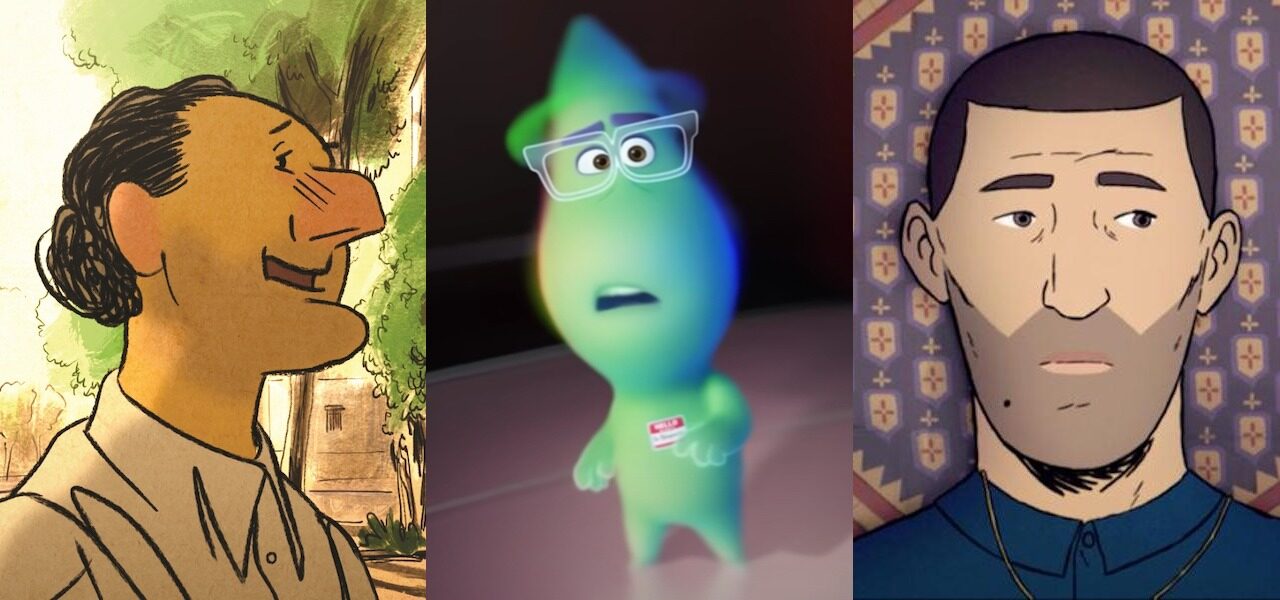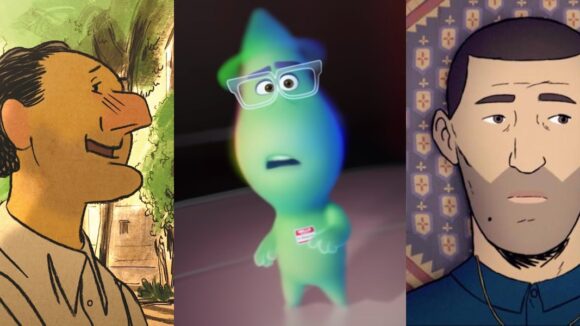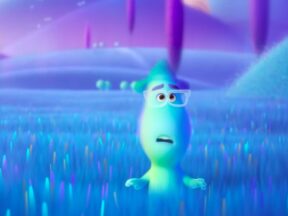

Cannes’s Official Lineup Contains A Record Four Animated Features
Cannes may have been forced to cancel its festival, but that hasn’t stopped the organizers from releasing an official lineup. They have published a list of 56 features that they would have wanted to screen this year, had there been no pandemic.
The biggest news from our perspective: the list contains four animated features, which we believe to be a record. (Last year’s lineup contained three.) That isn’t counting Wes Anderson’s The French Dispatch, a live-action film that incorporates animation, or the hybrid Skies of Lebanon, which has been selected for the parallel Critics’ Week sidebar.
Exceptionally, the festival hasn’t broken the lineup down into official competitive and non-competitive categories. All 56 films are given equal weight, all are allowed to wear the Cannes laurel, and none are “in competition” as such. Only films with a planned release between June 2020 and May 2021 were eligible.
Cannes, the world’s most high-profile film festival, has long had a cool relationship with animation. This is especially salient in its representation of animated features, which almost never get to compete for the Palme d’Or (the festival’s top prize). Occasionally, a film breaks through to win an award: Persepolis in 2007, The Red Turtle in 2016. The sidebars, which aren’t technically part of the official Cannes line-up but are prestigious events that take place simultaneously, have sometimes recognized great animation: last year, I Lost My Body won the top prize in the Critics’ Week competition.
Things may be changing. Last year, the festival’s adjoining market, Marché du Film, teamed up with Annecy Festival to launch Animation Day, a day-long program designed to boost the presence of animation at Cannes. This year’s festival lineup is another reason for cautious optimism.
Read on for details of the four selected animated features. It’s worth emphasizing that Cannes is not planning to screen any of these films, which will likely premiere at other festivals.
Aya and the Witch (Japan)
Goro Miyazaki, son of Hayao, directs his third feature for Studio Ghibli, and the studio’s first to be fully cg-animated. The film is based on Diana Wynne Jones’s novel Earwig and the Witch, about a young orphaned girl who comes into trouble after being adopted by a witch.
Production: Studio Ghibli/NHK/NHK Enterprises
Release: Winter (Japanese tv broadcast)
Flee (Denmark)
An Afghan man has found happiness in Denmark after migrating there as a teenager — but a secret he’s been keeping for decades threatens to ruin his life. His true story is told in this animated documentary from Jonas Poher Rasmussen, who has previously made live-action and hybrid documentaries.
Production: Final Cut For Real/Sun Creature Studio
Release: To be announced
Josep (France)
This hand-drawn feature tells the true story of Josep Bartoli, a political cartoonist who became embroiled in the Spanish Civil War. First-time director Aurélien Froment (a.k.a. Aurel) is himself a respected artist cartoonist in France.
Producers: Les Films d’Ici Méditerranée
Release: September 30 (France)
Soul (U.S.)
A jazz musician bags the gig of a lifetime — then promptly has an accident that separates his soul from his body. Pixar’s second feature of the year (after Onward) is helmed by Pete Docter, the studio’s chief creative officer, and the director behind Up, Inside Out, and Monsters, Inc.
Production: Disney-Pixar
Release: November 20 (U.S.)
(Image at top, left to right: “Josep,” “Soul,” “Flee.”)


